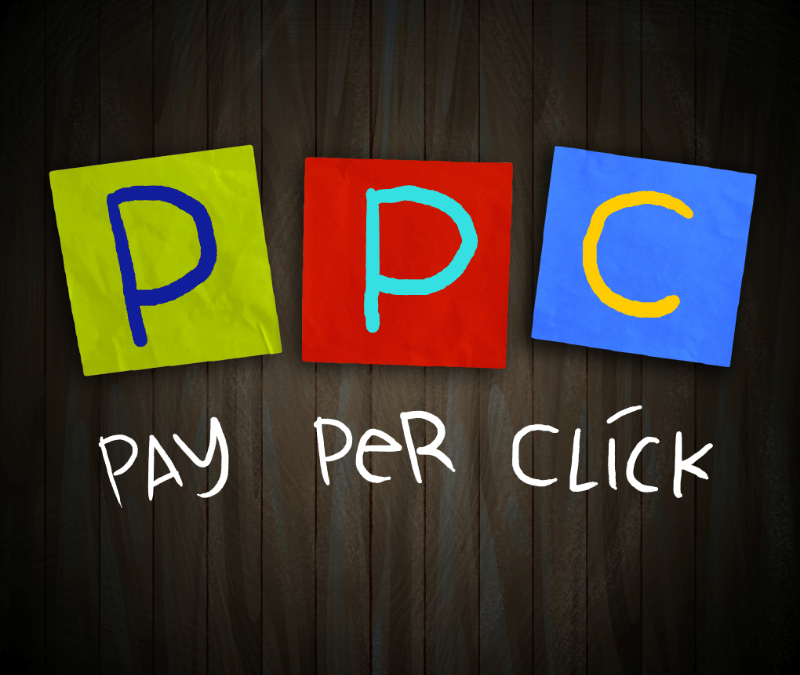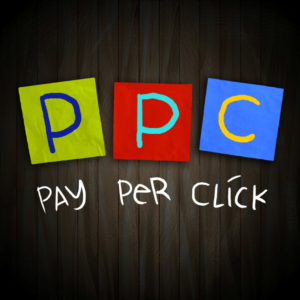What is PPC?
PPC, or Pay-Per-Click, is an online advertising model where businesses pay a fee each time their ad is clicked. Unlike traditional advertising, PPC allows you to target specific audiences and measure performance in real time, ensuring your budget is spent effectively. These ads typically appear on search engines (Google, Bing) or platforms like Facebook, LinkedIn, and Instagram.
At its core, PPC is a way to “buy” visits to your website instead of earning them organically. While SEO (Search Engine Optimization) builds long-term growth through improved visibility in organic search results, PPC can deliver immediate results by placing your brand at the top of the search page.
Understanding Pay-Per-Click Advertising for Your Business
In the fast-evolving digital landscape, businesses face countless opportunities to connect with potential customers. Pay-Per-Click (PPC) advertising is one of the most effective methods to generate immediate traffic, boost brand visibility, and drive measurable results. As a business specializing in digital advertising services—encompassing website design, SEO, PPC, and social media—OC Digital Advertising understands the pivotal role PPC plays in comprehensive online strategies. This article delves into PPC’s core concepts, its benefits, and how businesses can harness its potential to achieve their marketing goals.
Why is PPC Crucial for Your Business?
For businesses like ours, specializing in web design, SEO, PPC, and social media, PPC is a vital tool in creating a holistic digital marketing strategy. Here’s why:
- Instant Results:
SEO can take months to show results, but PPC ads can generate traffic within hours of launching a campaign. This immediacy is invaluable for product launches, seasonal promotions, or event-driven campaigns. - Targeted Reach:
With PPC, you can target users based on demographics, location, search intent, and even device type. This ensures you’re connecting with the audience most likely to convert. - Measurable ROI:
Platforms like Google Ads provide detailed insights into your campaign’s performance—impressions, clicks, conversions, and costs. This transparency makes PPC one of the most ROI-focused advertising methods. - Enhanced Brand Visibility:
Even if users don’t click your ad, seeing your brand name at the top of search results boosts credibility and keeps your business top-of-mind. - Synergy with SEO:
Combining PPC with SEO maximizes visibility. While SEO captures organic traffic, PPC ensures you’re present in paid spaces, creating a comprehensive presence.
How Does PPC Work?
The mechanics of PPC may seem complex, but understanding the process helps you utilize it effectively. Here’s how it typically works:
- Ad Auction:
PPC operates on an auction system. Advertisers bid on specific keywords relevant to their business. For instance, a web design company may bid on terms like “affordable website design” or “custom web development services.” - Ad Quality Score:
Search engines like Google consider more than just your bid amount. They evaluate your ad’s relevance, click-through rate (CTR), and landing page quality to assign a Quality Score. Higher scores lead to better ad placements and lower costs per click (CPC). - Keyword Targeting:
Choosing the right keywords ensures your ads appear for queries relevant to your services. Tools like Google Keyword Planner or SEMrush help identify high-performing keywords. - Campaign Creation:
Campaigns are structured into ad groups targeting specific keyword themes. For example, an ad group for SEO services might include ads for “SEO optimization,” “local SEO,” and “SEO audits.” - Performance Monitoring:
Ongoing monitoring and optimization are essential. Adjusting bids, refining ad copy, and excluding irrelevant search terms (negative keywords) improve campaign performance over time.
Common PPC Platforms
Understanding where to invest your PPC budget is crucial. The most popular platforms for PPC advertising include:
- Google Ads:
As the largest search engine, Google Ads offers unparalleled reach and targeting. Formats include search ads, display ads, shopping ads, and YouTube video ads. - Bing Ads:
While smaller in scale, Bing Ads often have lower CPCs and less competition, making them an attractive option for specific industries. - Social Media Platforms:
- Facebook and Instagram Ads: Best for visual storytelling and audience segmentation based on interests and behaviors.
- LinkedIn Ads: Ideal for B2B marketing, enabling targeting by job title, industry, and company size.
- Twitter Ads: Great for real-time engagement and promoting trending content.
- Amazon Ads:
Perfect for eCommerce businesses, these ads target users actively searching for products to purchase.
Best Practices for a Successful PPC Campaign
To maximize your PPC campaign’s effectiveness, consider the following best practices:
1. Set Clear Goals
Define what you want to achieve—whether it’s increasing website traffic, generating leads, or driving sales. This clarity helps shape your strategy and measure success.
2. Conduct Comprehensive Keyword Research
Use tools like Google Keyword Planner, Ahrefs, or SEMrush to identify high-value keywords with manageable competition and strong search volume.
3. Create Compelling Ad Copy
Your ad copy should:
- Include a clear call-to-action (CTA).
- Highlight unique selling points (USPs).
- Match user intent with relevant keywords.
4. Optimize Landing Pages
The landing page should deliver on the promise of your ad. Ensure it’s fast, mobile-friendly, and designed for conversions with clear CTAs.
5. Leverage Negative Keywords
Exclude irrelevant terms that waste your budget. For example, a PPC campaign for “website design services” might exclude terms like “free website templates.”
6. Monitor and Adjust Campaigns Regularly
Analyze data frequently to identify areas for improvement. Adjust bids, test new ad copy, and experiment with different targeting settings to refine your results.
How OC Digital Advertising Can Help with PPC
At OC Digital Advertising, we specialize in creating tailored PPC strategies that align with your business goals. Our team of experts ensures:
- Strategic Planning: We analyze your industry and competition to create targeted campaigns.
- Creative Excellence: Our ad copy and design stand out, driving clicks and conversions.
- Performance Optimization: We continuously monitor campaigns, making data-driven adjustments for maximum ROI.
- Integrated Approach: By combining PPC with website design, SEO, and social media, we ensure your marketing efforts are cohesive and effective.
Common PPC Mistakes to Avoid
While PPC is a powerful tool, common mistakes can derail your campaign:
- Ignoring Mobile Optimization: With most users browsing on mobile, ads and landing pages must be mobile-friendly.
- Overlooking Ad Extensions: Features like sitelinks, call extensions, and location extensions enhance visibility and CTR.
- Failing to Use Negative Keywords: Without them, you risk wasting budget on irrelevant searches.
- Not Testing Ad Variations: A/B testing ensures you’re using the most effective copy and creatives.
- Focusing Solely on CTR: High click-through rates are great, but conversions matter most.
The Future of PPC
As technology evolves, PPC advertising is becoming even more sophisticated:
- AI and Machine Learning: Automated bidding strategies and ad personalization are improving campaign efficiency.
- Voice Search Optimization: Keywords are adapting to conversational queries, driven by voice assistants like Alexa and Siri.
- Visual and Video Ads: Platforms like Instagram and YouTube are emphasizing video content, requiring brands to create engaging multimedia campaigns.
- First-Party Data: With increasing privacy concerns, leveraging customer data responsibly will be key to maintaining relevance in PPC strategies.
Final Thoughts
PPC is an indispensable part of a successful digital marketing strategy. Whether you’re a small business looking to increase local visibility or a large corporation aiming to dominate your industry, PPC offers a scalable, measurable way to achieve your goals.
At OC Digital Advertising, we’re committed to helping businesses thrive in the digital world. With expertise in website design, SEO, PPC, and social media, we provide integrated solutions tailored to your unique needs. Ready to amplify your online presence? Let us take your PPC campaigns to the next level. For more insights on amplifying your PPC results, visit PPC Case Study, and explore Google’s official Ads best practices for authoritative guidance Read Now



